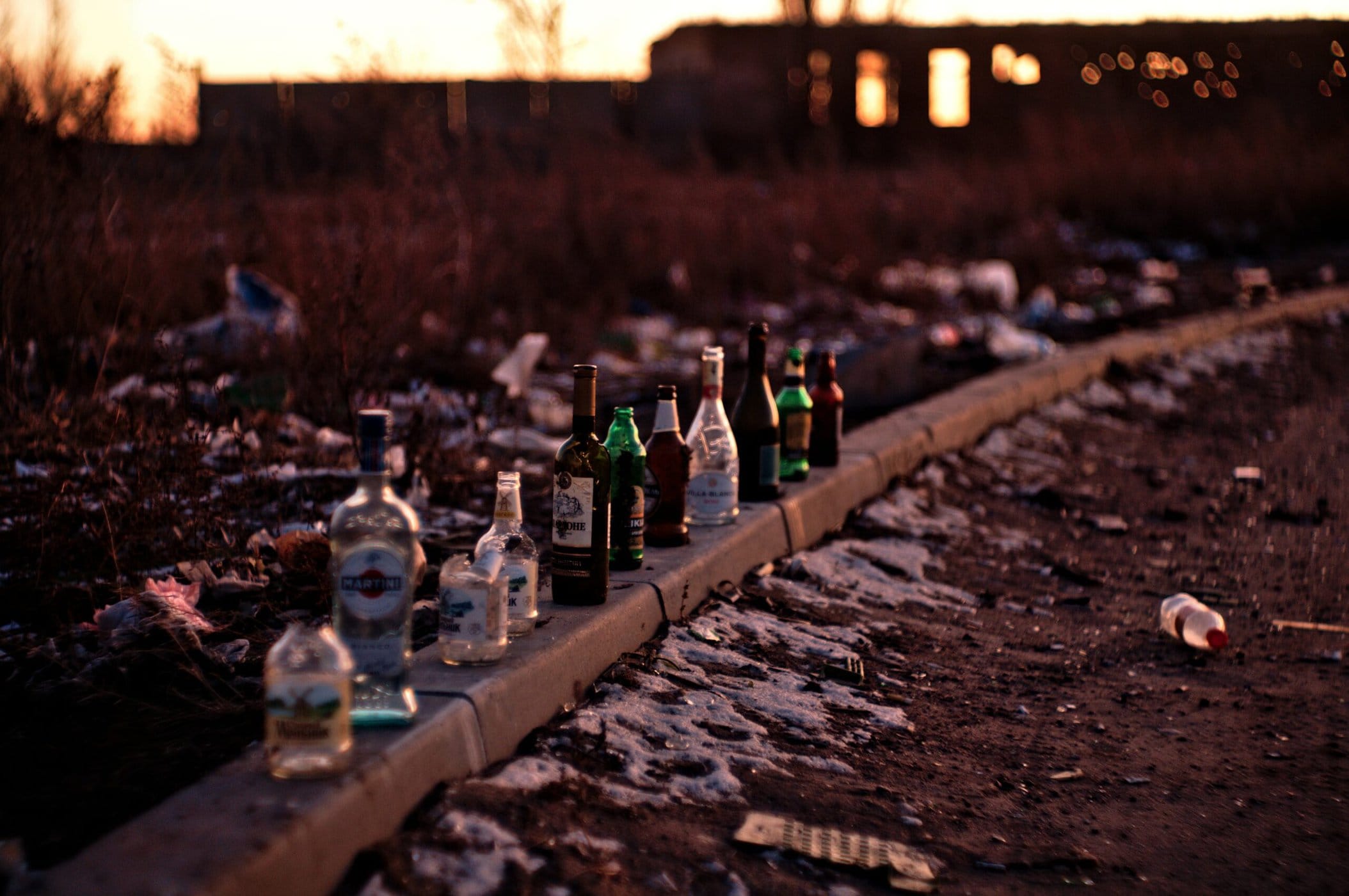Alcohol is not a new substance. Since the beginning of time, almost every single culture has used some type of alcoholic beverage. We even know that alcoholic beverages like wine and beer were considered healthier alternatives since they did not have the knowledge or filter systems about water that we have today. For some, a single drink here and there is nothing to be concerned about. However, alcohol is one of the most addictive drugs out there and can lead to intense long term and potentially life-threatening problems. In this blog post, we will be discussing what alcohol use disorder is and some of the warning signs. Keep reading to learn more!
Alcohol use disorder, which is also known as alcoholism, is a fatal disease that is characterized by tolerance, cravings, loss of control of alcohol consumption, and physical dependence to alcohol. Observers of those who have alcoholism sometimes may not even be able to tell when someone is or is not under the influence, which can be scary. Chronic alcoholism can lead to so many physical problems, even among high functioning alcoholics. While the liver is one of the most affected vital organs, alcohol affects the entire body. A person’s heart, intestines, and brain are all affected in a negative way. Their mental health is also compromised and many people who struggle with chronic alcohol addiction also struggle with feelings of anxiety, depression, and other mental health issues.
Signs of Alcoholism
The signs of alcoholism can vary depending on the individual. There are signs that that can be split into multiple categories such as, physical, social, and emotional. These signs may also not be easy to detect. Physical signs tend to be easier to identify but they can also take years to define.
Social Signs
People who struggle with alcohol dependence may deny, hide or drink alone in order to avoid judgment. They may also tend to run into legal trouble and rack up DUI’s, public intoxication, or other criminal charges. They can make bad decisions, which can include skipping out on work or school to binge drink, neglecting important relationships or putting responsibilities to the side. They are more likely to engage in risky behaviors, including unprotected sex, or experiencing sexual abuse or date rape. Their world gets smaller—they lose friends, become isolated from family because their focus becomes solely on that next drink. They lose interest in hobbies and activities and things just don’t seem that fun anymore. They must drink to relax or feel confident and may neglect their appearance and personal hygiene.
Physical Signs
A high tolerance to alcohol is one of the first signs. Alcohol is a depressant that works on the central nervous system which impairs and slows the activity of the brain. This can lead to memory loss and makes individuals more susceptible to accidental injury or death. Over time, brain chemistry is affected, which causes people to experience extremely severe cravings, which can make quitting nearly impossible without professional help. Internal damage to the liver, heart, brain, and other vital organs presents visual appearance changes too. Alcohol abuse can also cause sexual dysfunction, rapid eye movement, numbness and pain in hands and feet. Blackouts, sleeplessness, nausea, hangovers and feeling lousy in the mornings are other indications of dependence. Seizures, shaking and heavy sweating can also occur if the user tries to quit.
Emotional Signs
People with alcohol dependence tend to experience frequent mood swings and may seem as if they “flip the switch” frequently. Defensiveness, irritability and aggressive anger is another sign. Alcohol is extremely addictive, and when abused long-term, the drug can lead to depression. It’s common for people with mental health disorders, such as anxiety, depression, schizophrenia or bipolar disorder to have problems with alcohol or other substances. Heavy drinkers are at a higher risk of suicide.
Are you or someone you know experiencing these signs? Want to be done with alcohol? Give us a call or sign up for a free consultation to learn more about how we can help you quit once and for all. It doesn’t have to be hard.
What Causes Alcoholism?
Alcoholism or alcohol dependence can come from a variety of factors. For some, long periods of excessive alcohol consumption can cause dependence or addiction. But for others, there are more underlying factors. Biological factors can most definitely play a part in alcoholism. If a person has had a family member who has struggled with alcoholism, those genes can get passed down. Even if the child or relative of that family member hasn’t experienced symptoms of alcohol dependence, those biological factors may make it easier to become an alcoholic.
Environmental factors such as a person living location can also highly influence the way someone views alcohol. Those who live in areas of high traffic or that live close to bars and other alcohol retailers tend to have a more positive outlook on alcohol. The way that alcohol companies market their products also can influence a person’s viewpoint. Of course, no company is going to show the dark and real effects that alcohol can have. But instead, they will show clips of people having fun, hanging out with friends, and having the time of their life while drinking their product.
A person’s annual income can also influence the way you view drinking. One study showed that roughly 68% of people with an annual income of $65,000 or more consumed alcohol. Comparatively, only 45% of individuals who drank alcohol had a yearly income of less than $35,000.
There are also psychological factors that can influence a person’s desire to drink. Many people use alcohol as a way to escape, take the edge off, or relax from the realities of their day to day life. Alcohol is considered a depressant that can amplify feelings of depressions, loneliness, and anxiety.
Alcohol dependence is a real condition that affects so many people. If you or a loved one is struggling with alcohol, it’s never too late to change your life. Take back control with Go Sober.
The Go Sober alcohol treatment program is different from anything you have ever heard of or seen before. We’ve spent years working with the top neuroscientists, medical professionals, mental-health experts, and addiction specialists to develop an outpatient alcohol treatment program that has an incredibly high probability of success. We have one goal, and that is to help you go sober forever. We even offer everyone a free confidential consultation. This is your chance to be open and honest and receive advice from a trained addiction specialist. It’s no obligation and allows you to see where you stand and how to start on your road to a sober life. Connect with us today to start your journey on to a better life.



0 Comments